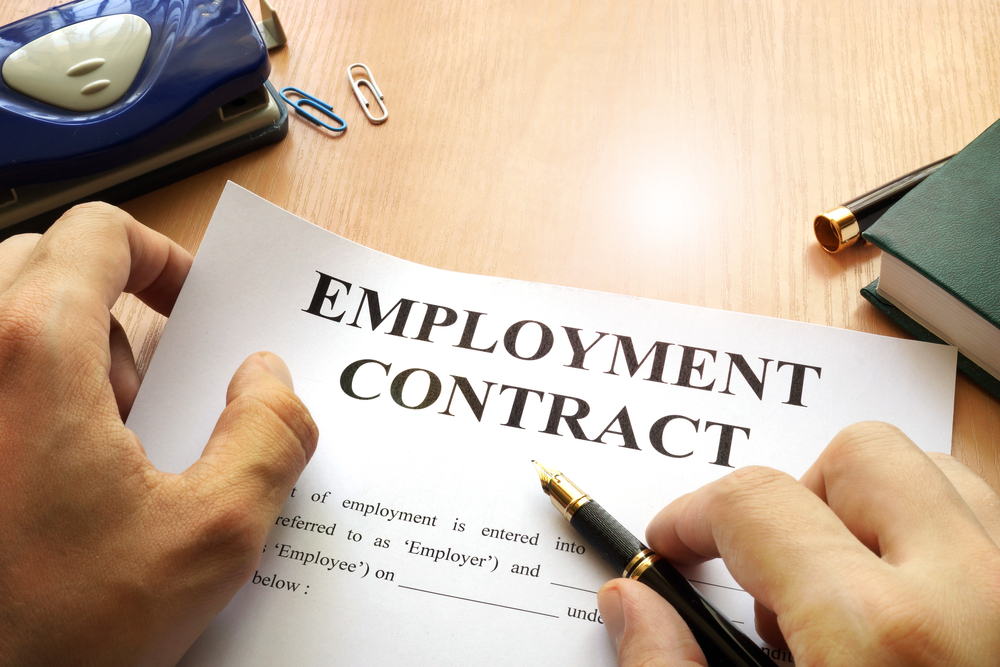After waiting for months, the company you’re eyeing to work with finally reached out to you! They informed you that you were hired for a position and they want to see you so they can hand your employment contract to you. Upon hearing this, you are happy but nervous at the same time. You know that employment contracts are serious business because they are documents already associated with the law.
To help you with this situation and probably save yourself from any kind of legal issues, consider these things before you sign an employment contract.
- Are you signing a temporary or permanent contract?
Determining whether you’re signing a temporary or permanent contract is crucial, as this will dictate your rights as an employee. When you’re signing a permanent contract, you can only be terminated from the job if you give notice or if you and the employer reach an amicable termination of employment. A permanent contract allows you to have more protection and stability as an employee. While in a temporary contract, you’ll only be working as a project-based employee which means that if the project is completed, your employment with the company is terminated immediately.
- Does the employment contract state your job description?
You might be working as a marketing assistant in this company but do you actually know what you’re supposed to do? Take the time to read your job description so you’ll know what to expect and what you’ll be held accountable for. If there are duties and responsibilities that are unclear to you, ask. Don’t assume that you understood everything as this can get you in trouble the moment you start working.
- How much is your salary and will you be getting bonuses?
Now that you’ve been handed an employment contract, check if the amount you’ve discussed during the interview is also the same (or almost) amount in your employment contract. Some applicants take into great consideration how much they’ll be receiving once they start working, so make sure that the amount is amenable to you. You should also know when you’ll be paid – is it once or twice a month? If the company gives bonuses, the qualifications on how you can receive such should also be clearly stipulated in the contract.
- What are the causes of termination?

The reasons why you could possibly lose your job should be indicated in the employment contract, too. Commonly, employers will terminate your employment if your performance is not satisfactory or if you’ve incurred too many absences in a given timeframe. But different employers have different clauses of termination, so make sure that you’ve understood everything in this part of the employment contract. This will give you an idea of what things you should avoid doing so you can keep your employment.
When you’re a business owner, you should pay attention to your contracts as this can impact your business in a lot of ways – and whether this impact comes positively or negatively will be up to you. A single clause that may seem misleading to the other party can result in lawsuits against your business. You can avoid this kind of situation by working with a business law attorney like this one here. They can help you draft a contract that is free from loopholes to ensure that your business can operate for the longest time possible.
Be Comfortable with Your Contract Before Signing
When you’re looking for a job, it’s typical that you feel a little overwhelmed once you start work and your company welcomes you into their workforce. Or, maybe you will feel that all of your struggles during the application process finally paid off. Remember, though, you don’t have to quickly affix your signature to a company’s employment contract. You should carefully read all of the information in the document, and not just jump from one page to another. The employment contract should also be examined thoroughly if you don’t want employers to abuse you in any way.




